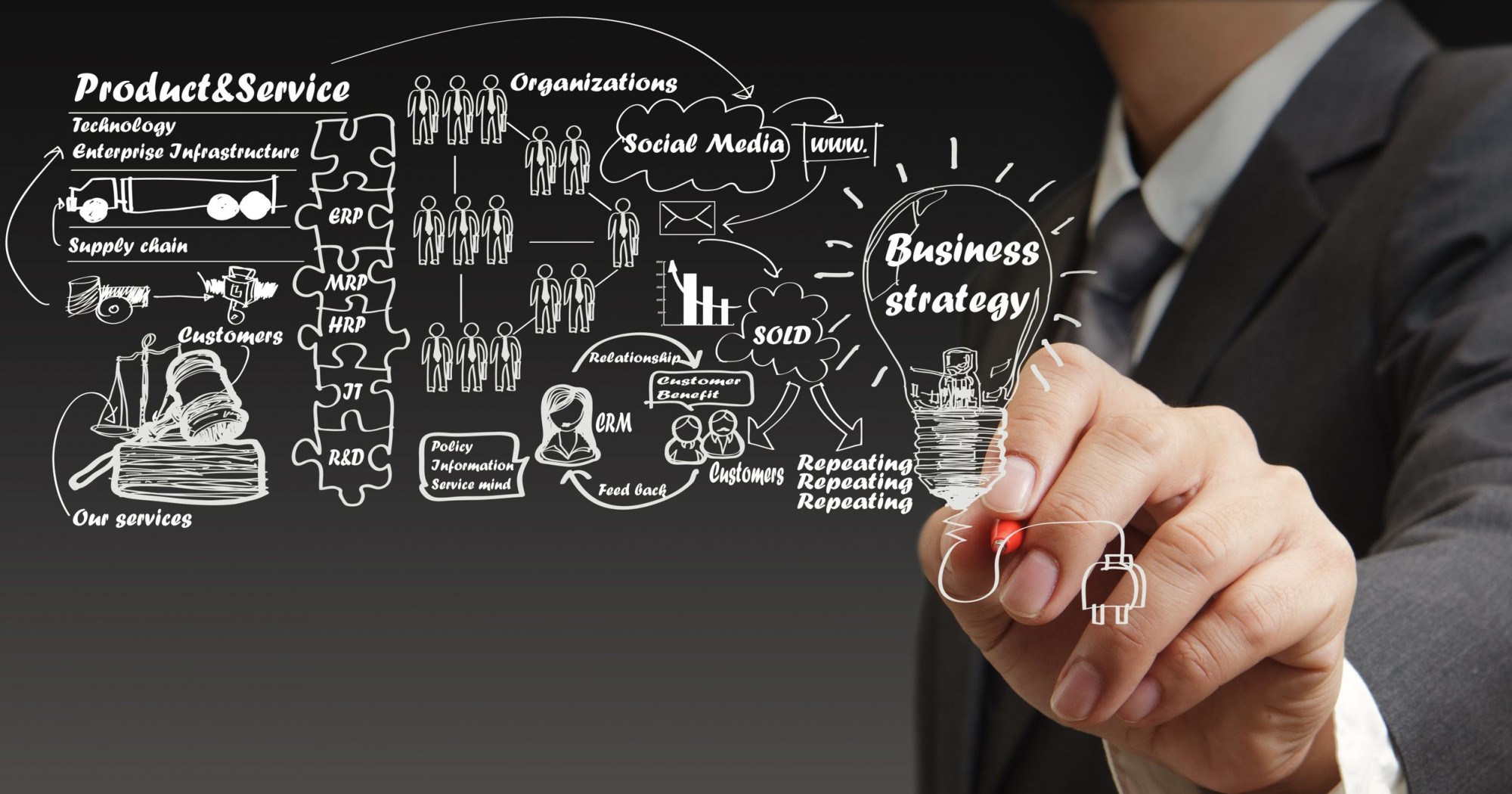

This course aims to provide engineers and technologists with the understanding and practical capabilities needed to convert data into information, and then to represent this information in ways that it can be readily exploited.
This Program aims to provide engineers and technologists with the understanding and practical capabilities needed to convert data into information, and then to represent this information in ways that it can be readily exploited.
The course has been designed for engineers, technologists, and professionals whose jobs involve the manipulation, representation, and analysis of data. Basic familiarity with PC's and in particular with Microsoft. Excel. is assumed. Aside from this, no other software familiarity or previous data analysis experience is required.
The course adopts an applications-oriented approach, minimizing the time spent on the mathematics of analysis and maximizing the time spent on the use of practical methods. Most of the time, delegates will work on computers, using spreadsheets and the specialized analytical software MATLAB to investigate real data from a wide range of example applications. Delegates are encouraged to bring their own data with them on CD, and time will be set aside to address delegates' individual issues and concerns.
The Basics
Sources of data, data sampling, data accuracy, data completeness, simple representations, dealing with practical issues. Workshop using centrifugal pump performance data.
Fundamental Statistics
Mean, average, median, mode, rank, variance, covariance, standard deviation, "lies, more lies and statistics", compensations for small sample sizes, descriptive statistics. Workshop using production data from a batch fermentation process.
Data Mining and Representation
Single, two and multi-dimensional data visualization, trend analysis, how to decide what it is that you want to see, box and whisker charts, common pitfalls and problems. Workshop using petrochemical plant control data.
Probability and Confidence
Probability theory, properties of distributions, expected values, setting confidence limits, risk and uncertainty, normal distribution, weibull distribution, binomial distribution, exponential distribution. Workshop using statistical process control data in the machinery protection system of a turbine-compressor installation.
Histograms & Frequency of Occurrence
Histograms, Pareto analysis (sorted histogram), cumulative percentage analysis, the law of diminishing return, percentile analysis. Workshop using historical failure data from a group of reciprocating compressors.
Frequency Analysis
The Fourier transform, periodic and a-periodic data, inverse transformation, practical implications of sample rate, dynamic range and amplitude resolution. Workshop using vibration data from a large gearbox.
Regression Analysis and Curve Fitting
Linear and non-linear regression, order; best fit; minimum variance, maximum likelihood, least squares fits, curve fitting theory, linear, exponential and polynomial curve fits, predictive methods. Workshop using failure data from large three phase induction motors, and remaining lifetime prediction.
Data Comparison
Correlation analysis, the autocorrelation function, Mahalanobis’ distance, practical considerations of data set dimensionality. Workshop using diesel engine performance and pollutant emission data.
The Power of Excel and MATLAB
Pivot tables, the analytical toolbox, internet-based analysis tools and macros, dynamic spreadsheets, sensitivity analysis, visualization. Workshop involving step-by-step examples of the advanced capabilities of spreadsheets and the exploitation of ready-written resources.
Quality Control Applications
Terminology, control charts, statistical control, estimating the process mean and variation, capability indexes, control charts for attribute data. Workshop on constructing the x bar and R charts for a milling process.
Reliability Evaluation Applications
Terminology, reliability definition and concepts, reliability functions, a reliability evaluation process. Workshop on evaluating the hazard rate, survivor function, failure density function, and cumulative failure distribution function for typical industrial equipment.
CDGA attendance certificate will be issued to all attendees completing minimum of 80% of the total course duration.
| Code | Date | Venue | Fees | Register |
|---|---|---|---|---|
| MI126-01 | 08-02-2026 | Dubai | USD 5450 | |
| MI126-02 | 18-05-2026 | Rome | USD 6950 | |
| MI126-03 | 06-09-2026 | Riyadh | USD 5450 | |
| MI126-04 | 15-11-2026 | Amman | USD 5450 |

This interactive, applications-driven 5-day course will highlight the added value that data analytics can offer a professional as a decision support tool in management decision making. It will show th ...

If your organization manages contractors, then your staff need to understand the health and safety issues. This course is the answer. The course will set out clearly the legal responsibilities of all ...
Providing services with a high quality that are satisfying the requirements
Appling the specifications and legalizations to ensure the quality of service.
Best utilization of resources for continually improving the business activities.
CDGA keen to selects highly technical instructors based on professional field experience
Since CDGA was established, it considered a training partner for world class oil & gas institution
3012, Block 3, 30 Euro Business Park, Little Island, Co. Cork, T45 V220, Ireland
Mon to Fri 09:00 AM to 06:00 PM
Contact Us anytime!
Request Info